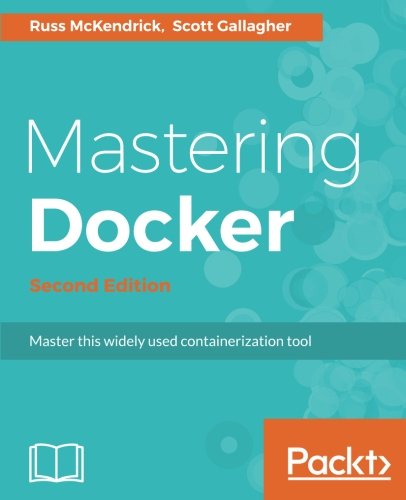; Date: Sat Apr 28 2007
Tags: OpenJDK »»»»
Welcome to Opensville, Population Zero is a blog that's been referenced by Slashdot right now. It's an interesting blog posting. I've never heard of this William Hurley, but he has an interesting thing to say.
When I started with open source, in the 1980's before the phrase "open source" had even been coined and Eric Raymond was still living in Texas (if I remember right) ... there was little of big companies making anything off the software we passed back and forth over the network. It was all freely shared, the kind of nirvana whurley refers to as opensville. The parks are beautiful, the shopping is amazing, and the nights are pure Vegas. Sounds like a great place, huh? But, he says, nobody wants to live there. hmm, seems that in the 80's anyway all of us who were on the Internet did live there. The later commercialization of the model does seem to have changed a few things.
But as a Sun employee it cannot escape my mind hearing our past and current CEO's both saying Sun was founded upon open source software. They claim the original Sun OS was based on the "Open Source BSD distribution". Hmm, that's always struck me as a strange claim because to get the BSD distribution one had to possess a valid AT&T; Unix license, which absolutely was not open source. Further the BSD distribution still had some AT&T; code in it. It wasn't until later that some people whose names I've forgotten worked to de-AT&T-ize; the code to make the first 386bsd distribution. And that led AT&T; to sue UC Berkeley. So tell me how the BSD distribution of 1982 was open source? Maybe Bill Joy et al took only the bits which were BSD licensed and worked to fill in the gaps with code written by Sun employees? If so then why did Sun later buy a perpetual Unix license from USL?
Anyway, getting to the current time. There is clearly a mix of styles of interaction between various companies and the various open source projects. Clearly there are some companies who, as whurley says, act as leech's only taking code and not giving anything back to the project who maintains the code. Just as clearly there are some companies who participate in the projects from whom they get the code they turn into their products.
He asks What separates legitimate use from outright exploitation?
And I'm astonished... Clearly the open source licenses allow for this situation to exist. Clearly the open source licenses generally do not require that changes be fed back to the project. Clearly the open source licenses generally allow for the recipient of code from a project to do pretty much as they wish. After all, one of the core tenants of open source software is the freedoms which are granted to the recipient of the code.
He goes on to suggest some kind of rating system that I suppose he wants to use to punish the moochers. I think there is an informal system like that ... e.g. I think one of the network router gadget makers is known to be using open source code but not abiding by the licenses and making it hard for the community to fiddle with the open source software that was used to build those boxes. And that some are saying they boycott that company, because of that product.
And, of course, it is his right to agitate in any way about perceived misuses of open source software. But, I ask again, if the license allows for this then is there any real room for complaint?
Even more interesting is the impact this idea has on one of the age-old arguments in the open source community. That is the relative worth of the various types of licenses. The BSD-versus-GPL debate has been present with us since at least the 90's maybe the 80's I kind of forget when I first saw that debate raging. And the debate is with us today.
But getting back to whurley's blog posting ... the BSD license explicitly allows for corporations to mooch off open source projects without returning anything to the project. The GPL license on the other hand tries it's darnedest to make mooching hard. Which just reminds me of a posting I read once with someone talking about the open source license they prefer ... they prefer everybody elses code to be under the BSD license, but they prefer their own code to be under GPL.
It's easy to imagine a corporate manager who's just invested $n million in engineer time and other resources to beef up a piece of open source software. How happy is that corporate manager to be about sharing the results of that investment with "the community"? Is the corporate manager going to grasp what that means? Or is the corporate manager going to see overhead, wasted resources giving something to these other people, and perhaps even seeing an advantage fly out the window?
Clearly there is another viewpoint the corporate manager could take. For example the longterm maintenance of the code is enhanced if they feed their changes to the main project. If they instead hoard the changes they have effectively forked the project, and then they have the overhead of maintaining the fork. Depending on how widely the fork varies from the main code that can become a huge headache.
Source:
weblogs.java.net











